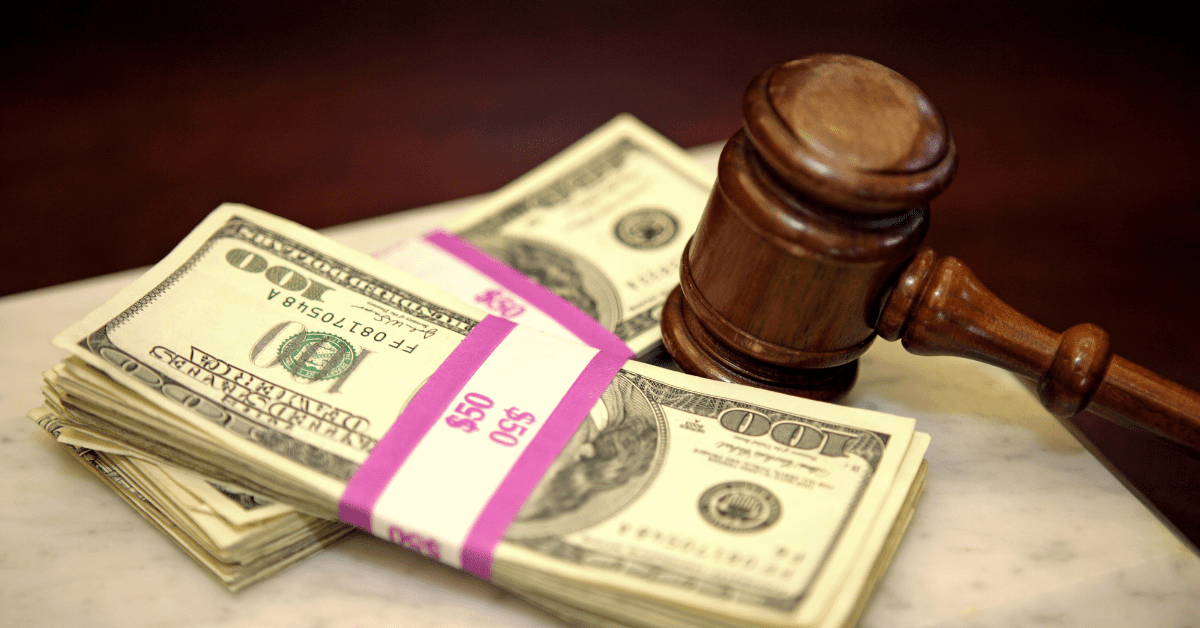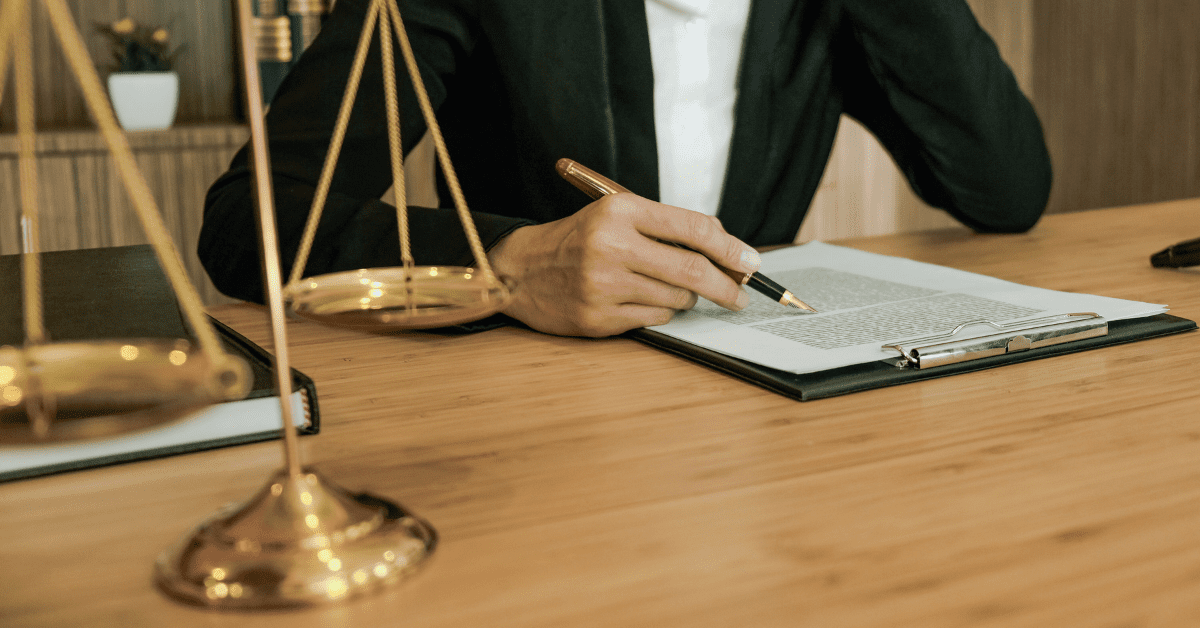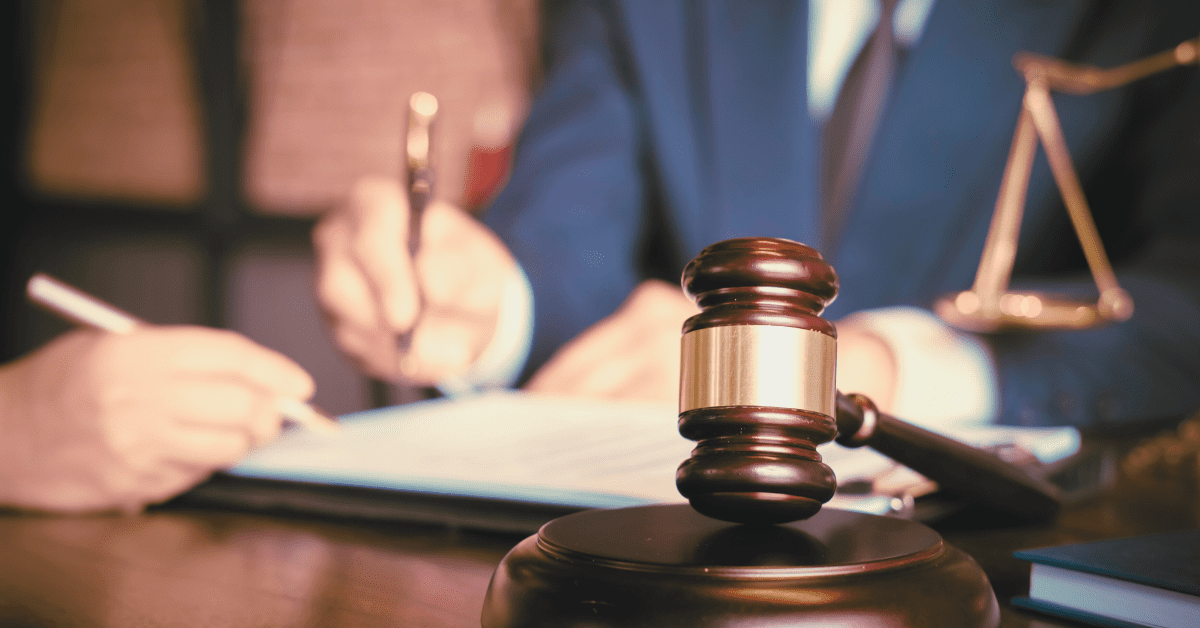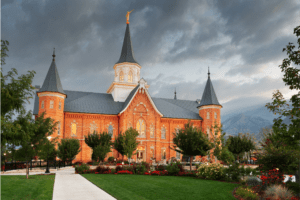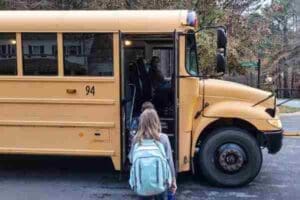The Unspoken Foul Play: Confronting Sexual Abuse in Athletics
A comprehensive guide discussing the insidious issue of sexual abuse in athletics, featuring relevant statistics, survivors’ legal rights, preventive measures, and support mechanisms.
Introduction
Across the country, parents entrust their children daily to athletic institutions, confident in the prospect that their offspring will not only gain invaluable life skills but also flourish under the watchful guidance of dedicated coaches. These professional mentors, frequently esteemed as role models, steer our youth in their pursuit of athletic prowess and personal development. However, an insidious issue lurks beneath this landscape of growth and achievement: the reality of sexual abuse in athletics. This pressing concern, often muted by silence and ignorance, warrants immediate attention and action.
The heart-wrenching cases, like Larry Nassar’s, serve as grim reminders of the dire need to prevent sexual abuse in sports. They shine a spotlight on the grim reality, stirring international outrage and prompting an urgent call for significant changes within the athletic realm.
In this article, we confront this unspoken foul play head-on, delving into the intricacies of sexual abuse in sports, its profound impact on victims, and the comprehensive preventive measures that institutions and individuals can implement. We further explore how survivors can exercise their legal rights with the assistance of dedicated law firms like Nigh, Goldenberg, Raso & Vaughn, turning their fight for justice into a pivotal part of their healing journey.
It’s high time to break the silence surrounding sexual abuse in athletics, driving meaningful change in an industry where safety should be as fundamental as the sport itself.
Unmasking the Reality of Sexual Abuse in Athletics
For many young athletes, their coaches hold an unquestionable position of authority and trust. Regrettably, this dynamic can and has been, weaponized for exploitation. Despite the gravity of the issue, the prevalence of sexual abuse in athletics often remains underreported, making it difficult to gauge the actual magnitude of this menace.
Statistics of Sex Abuse in Athletics
Recent research reveals alarming statistics about sexual abuse in sports. A study focusing on elite athletes found 3% reported being sexually abused in the athletics setting. Another survey indicated that over 1 in 4 current or former student-athletes had been sexually assaulted or harassed by someone in a position of power on campus. The discrepancy in these findings highlights the pressing need for further research, but one thing is crystal clear: even a single case is one too many.
Risk Factors
Certain inherent aspects of sports settings, such as the necessity for physical touch and hierarchical structures in sport management, can inadvertently create opportunities for sexual abuse. Further compounding the problem is the prevailing culture of prioritizing performance over athletes’ well-being, providing a fertile ground for abuse to flourish.
Perpetrators
While the notion of athlete-on-athlete abuse can be unsettling, data suggests that sexual abuse in sports is predominantly perpetrated by adult authority figures, particularly male coaches or physicians. These individuals often possess an unblemished reputation, thereby enjoying the trust of parents and young athletes alike, which they, unfortunately, exploit to their advantage.
Legal Rights of Survivors
Survivors of sexual abuse in athletics possess certain legal rights that, when exercised, can become powerful tools for their healing journey and the quest for justice. However, navigating this legal landscape can be complex and emotionally taxing. That’s where the role of dedicated law firms like our team of experts comes into play.
NGRV’s seasoned team of attorneys specializes in sexual abuse cases, providing a blend of legal assistance, empathetic representation, and unwavering support that is crucial for survivors during these challenging times. With their comprehensive understanding of the law and a deeply ingrained commitment to championing survivors’ rights, they turn the scales in favor of those seeking justice.
When you work with law firms like NGRV, you can expect them to:
- Provide robust legal representation, ensuring your voice is heard in court.
- Advocate for policy changes and institutional reforms that prevent such abuses in the future.
- Help you understand your rights and options, empowering you to make informed decisions.
- Assist with understanding the statute of limitations to ensure your case is filed within the required time frame.
- Offer emotional support and guidance, providing a compassionate touch that goes beyond the realm of legal services.
We recognize that taking legal action against sexual abuse in athletics can be daunting. Survivors often encounter numerous barriers, such as the pervasive culture of silence leading to a lack of reporting, power dynamics favoring the coach, varied perceptions of what constitutes abuse, the looming statute of limitations, and the challenge of gathering concrete evidence.
However, it’s crucial to remember that these hurdles, while significant, are not insurmountable—especially not with the right legal support. With the help of law firms like Nigh, Goldenberg, Raso & Vaughn, survivors are equipped to navigate these obstacles and emboldened to turn their fight for justice into a beacon of hope for others in similar situations.
Preventing Sexual Abuse: What Institutions Should Do
In the face of the growing concern around sexual abuse in athletics, the onus of prevention falls squarely on the shoulders of athletic institutions and schools. They are the custodians of our young athletes’ safety and well-being, making it imperative for them to adopt a multifaceted and proactive strategy to curb this menacing issue:
- Conduct thorough background checks on coaches, staff, and volunteers
- Foster an environment of education and awareness among athletes, coaches, and parents about recognizing and reporting sexual abuse
- Establish clear policies and procedures for preventing and responding to sexual abuse
- Provide a safe environment with secure, well-monitored facilities
- Extend support for survivors with counseling services and legal aid
By thoroughly integrating these key elements into their preventive measures, institutions can foster a safer environment for young athletes. This multifaceted approach aims to minimize the likelihood of sexual abuse in athletics, ensuring the sports arena remains a place of growth, learning, and enjoyment, unmarred by the threat of abuse.
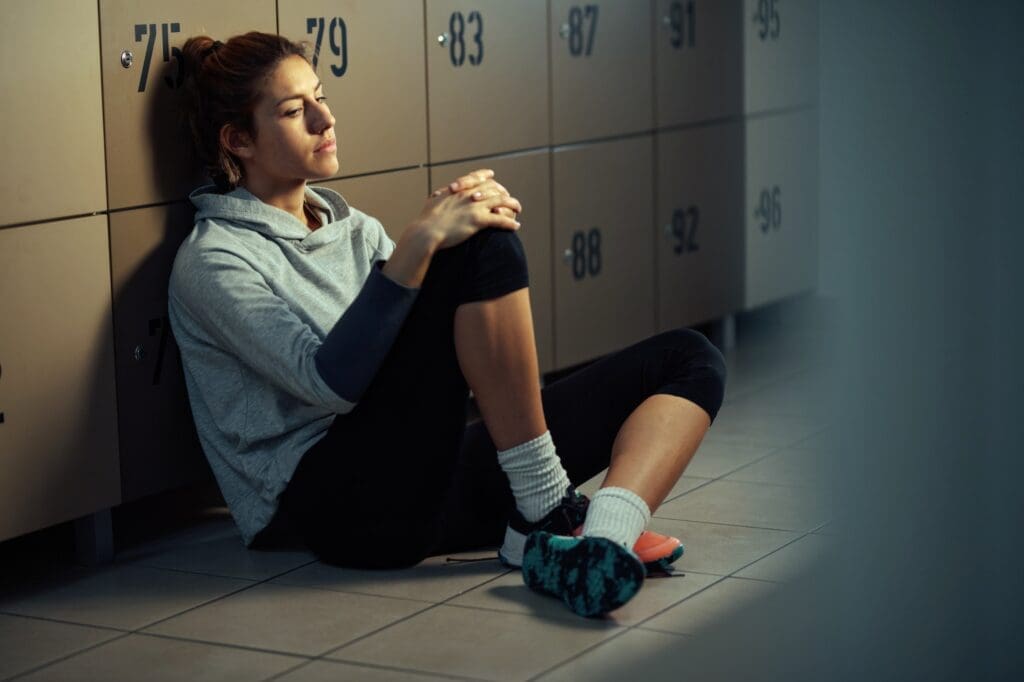
Confronting Silence: Encouraging Reporting and Addressing Underreporting
While establishing a preventive approach is crucial, institutions also need to foster an environment that encourages survivors to come forward. The reality is that many cases of sexual abuse in athletics go unreported, and this silence allows the issue to persist. The barriers to reporting are many – from fear of retaliation and stigmatization to concerns about damaging the team’s reputation or affecting one’s athletic career.
Institutions can address this by:
- Implementing anonymous reporting mechanisms to safeguard the identities of survivors, providing them the confidence to come forward.
- Establishing a zero-tolerance policy towards any form of sexual abuse ensures everyone is aware of the consequences of such behavior.
- Creating a supportive and understanding environment wherein survivors can feel secure in speaking out about their experiences without fear of judgment or retaliation.
Empowering Athletes: Prevention Education and Awareness
Educating athletes about sexual abuse is an integral part of prevention. Athletes should be educated about what constitutes sexual abuse, how to recognize the signs, and what steps they should take if they become victims.
This should include the following:
- Understanding consent: Emphasize that everyone has the right to decide what happens to their bodies, and any non-consensual contact is unacceptable.
- Recognizing grooming behaviors: Offenders often establish trust with their victims before they begin to violate boundaries. Understanding these behaviors can help in early detection and prevention.
- Knowing their rights: Athletes should be aware of their legal rights and know that they can report abuse to law enforcement agencies, school authorities, or child protective services.
- Promoting open dialogue: Encourage discussions about personal safety and respecting boundaries, which can help dispel any misconceptions and normalize conversations around sexual abuse.
Standing by Survivors: Providing Support and Resources
Support for survivors of sexual abuse is an imperative part of the response. Athletic institutions should have a comprehensive support system, offering counseling resources and mental health support. Survivors should be assured that they are not alone and their experiences are valid. They should also be provided with the information necessary to access further help, including legal and therapeutic services.
Institutional support should be supplemented with external resources. Organizations such as RAINN (Rape, Abuse & Incest National Network), Safe4Athletes, and Athletes for Hope provide resources and assistance for survivors of sexual abuse in sports.
Who Can Be Held Responsible For Sexual Abuse In Athletics?
When sexual abuse occurs within the sphere of athletics, the responsibility can extend beyond the abuser. While the perpetrator is held directly responsible for their despicable actions, the reach of accountability can include various parties within the athletic institution.
The individual abuser, often in positions of trust such as coaches or team physicians, face severe legal repercussions. They not only violate the rights of the victim but also betray the trust of athletes, parents, and the athletic community that expects them to safeguard athletes’ welfare.
Other parties that could be held accountable include:
- The athletic institution or club: If there are failures in their policies, procedures, or duty of care that have enabled the abuse to take place, they can be held responsible.
- Team administrators or managers: They could be held individually liable if they knew about the abuse and failed to take appropriate action.
- Other staff members or athletes: Those who were aware of the abuse but neglected to report it might also face charges.
The extent of liability can depend on the specific details of a case. In virtually every case of sexual abuse in athletics, both the abuser and the athletic institution bear the primary responsibility.
Suing Over Sexual Abuse And Rape In Athletics
In instances of sexual abuse in athletics, immediate action should be taken. The abuse must be reported to the police promptly. It is crucial that the victim receives medical attention and is provided with adequate support and counseling to help them navigate the traumatic experience.
The criminal court process can lead to charges and sentencing for the abuser, but it does not compensate the victim for their suffering and trauma. To seek compensation for the damage, a civil lawsuit must be filed by the victim or their legal guardian in the case of minors.
State and federal laws help regulate liability for sexual abuse in athletics. For instance, under Title IX of the Educational Amendments Act of 1972, victims can file a lawsuit. Title IX holds an institution accountable for negligence, such as failing to act adequately upon discovering the abuse or negligently hiring an abuser.
In recent years, there have been significant changes to the statutes of limitations that govern the timeframe for legal action against sexual abuse. As a result, many adult survivors have come forward to take action over sexual abuse that occurred during their athletic career. Regardless of when the abuse happened, it might still be possible to gain compensation for the damage.
Each case of sexual abuse in athletics is unique. The first step is to consult with an experienced sexual abuse lawyer, such as those on our team. They can advise you on the best legal recourse based on the specifics of your case. Remember, it’s never too late to seek justice and healing for victims of sexual abuse in athletics.
Conclusion
Sexual abuse in athletics is a deeply disturbing reality that necessitates immediate action and awareness. It is a daunting challenge that requires collective responsibility and sustained efforts. Institutions bear the onus of creating a safe environment through stringent preventive measures, comprehensive education, and robust support systems. Athletes need to be empowered with awareness and knowledge about their rights, while those in positions of authority must be held accountable for their actions.
Moreover, it’s essential to encourage a culture that prioritizes the well-being of athletes over performance and breaks the silence surrounding this abuse. Mechanisms to support anonymous reporting and a zero-tolerance policy towards any form of abuse are necessary steps in the right direction.
But this is not a battle to be fought alone. Our team of experts at Nigh, Goldenberg, Raso & Vaughn play a pivotal role, offering legal support, empathy, and understanding. They advocate for survivors’ rights, guiding them through the complexities of the legal landscape and transforming their fight for justice into a beacon of hope for others in similar situations.
The task is significant, but we can challenge the status quo and protect our athletes together. If you or someone you know has been a victim of sexual abuse or rape in athletics, do not suffer in silence. Reach out to our dedicated team at Nigh, Goldenberg, Raso & Vaughn. Dial 202-925-4500 now or fill out our online form for a free consultation. Remember, it’s never too late to seek justice and start the journey of healing.
